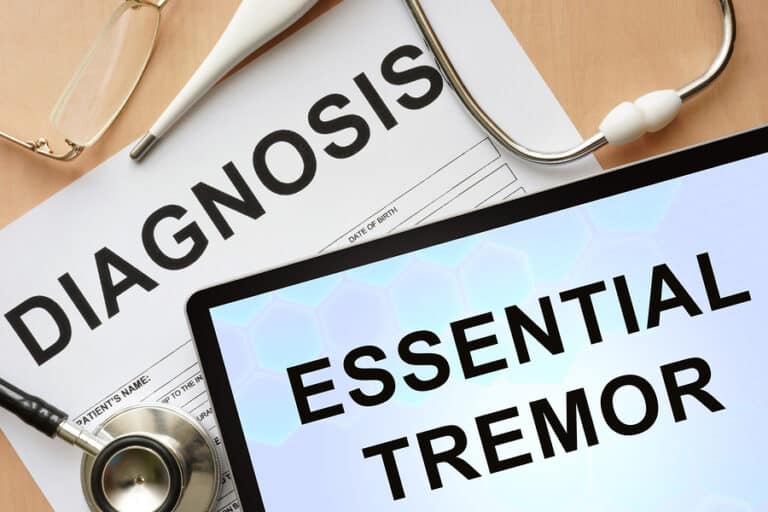If your senior parent has a tremor and they or you assumed it was due to Parkinson’s disease it may not be. The tremor could be caused by essential tremor disorder.
Essential tremor disorder can affect anyone at any age, but seniors have a very high risk of developing essential tremor disorder. Essential tremor is a nervous system illness that has no cure, but for many seniors the tremors don’t become severe enough to impact their daily lives.
Seniors who have essential tremor disorder may need home care assistance to help them with household tasks. With home care assistance, seniors should be able to live safely and comfortably at home.
The primary symptom of essential tremor disorder is a tremor. Tremors are rhythmic, involuntary movements that occur primarily during voluntary actions such as holding objects or performing fine motor tasks.
Essential tremor disorder typically affects both sides of the body symmetrically, meaning seniors may experience tremors in both hands or arms simultaneously. This bilateral involvement is one clue that a senior has essential tremor disorder and not Parkinson’s disease. The tremors that occur due to Parkinson’s disease are often unilateral, not bilateral.
Essential tremor disorder can cause tremors in the hands and arms, head, or voice. Essential tremor disorder can also cause other tremors including:
Postural Tremors
Seniors may notice postural tremors when they are exercising or stretching. Postural tremors occur when seniors are maintaining a specific position against gravity. Seniors may notice tremors worsening when holding their arms outstretched or when standing upright for an extended period during exercise or physical therapy.
Intention Tremors
Intention tremors are tremors that occur during purposeful movement, such as reaching for an object or pointing. Seniors with essential tremor may find it difficult to perform tasks requiring precise coordination, as their tremors become more pronounced with movement.
Other Symptoms Of Essential Tremor Disorder
Tremors are the most obvious symptoms of essential tremor disorder, but they are not the only symptoms. In some cases seniors who have essential tremor disorder may also experience symptoms such as:
- Muscle Weakness: Weakness or fatigue in the affected limbs may accompany tremors, further impairing motor function.
- Difficulty with Balance: Seniors may experience difficulties with balance and coordination, especially if tremors affect their head or trunk.
- Cognitive Impairment: In some cases, essential tremor disorder may be associated with mild cognitive impairment or memory difficulties, although these cognitive changes are typically milder compared to conditions like Alzheimer’s disease.
- Interference with Fine Motor Skills: Essential tremor disorder can interfere with fine motor skills, making tasks that require precision and dexterity, such as buttoning clothes, tying shoelaces, or using utensils, challenging for seniors.
If your senior parent is experiencing any muscle weakness, tremors, or difficulty grasping objects they should be seen by their doctor immediately so that their doctor can test for essential tremor disorder and Parkinson’s disease.
Sources:
https://www.hopkinsmedicine.org/health/conditions-and-diseases/essential-tremor-disorder
https://www.mayoclinic.org/diseases-conditions/essential-tremor/symptoms-causes/syc-20350534
If you or an aging loved one are considering hiring home care assistance in Seneca, SC, contact Heart of the Carolinas Home Care at 864-991-3116.
Providing Home Care Services in Greenville, Simpsonville, Greer, Anderson, Spartanburg, Mauldin, Seneca, Laurens, Charleston, Columbia, and the surrounding areas.
- Home Care Assistance Helps Seniors After A Fall - April 9, 2025
- How Home Care Supports Seniors Who Are Hard of Hearing - March 28, 2025
- Why Seniors Should Consider Companion Care At Home - March 10, 2025

